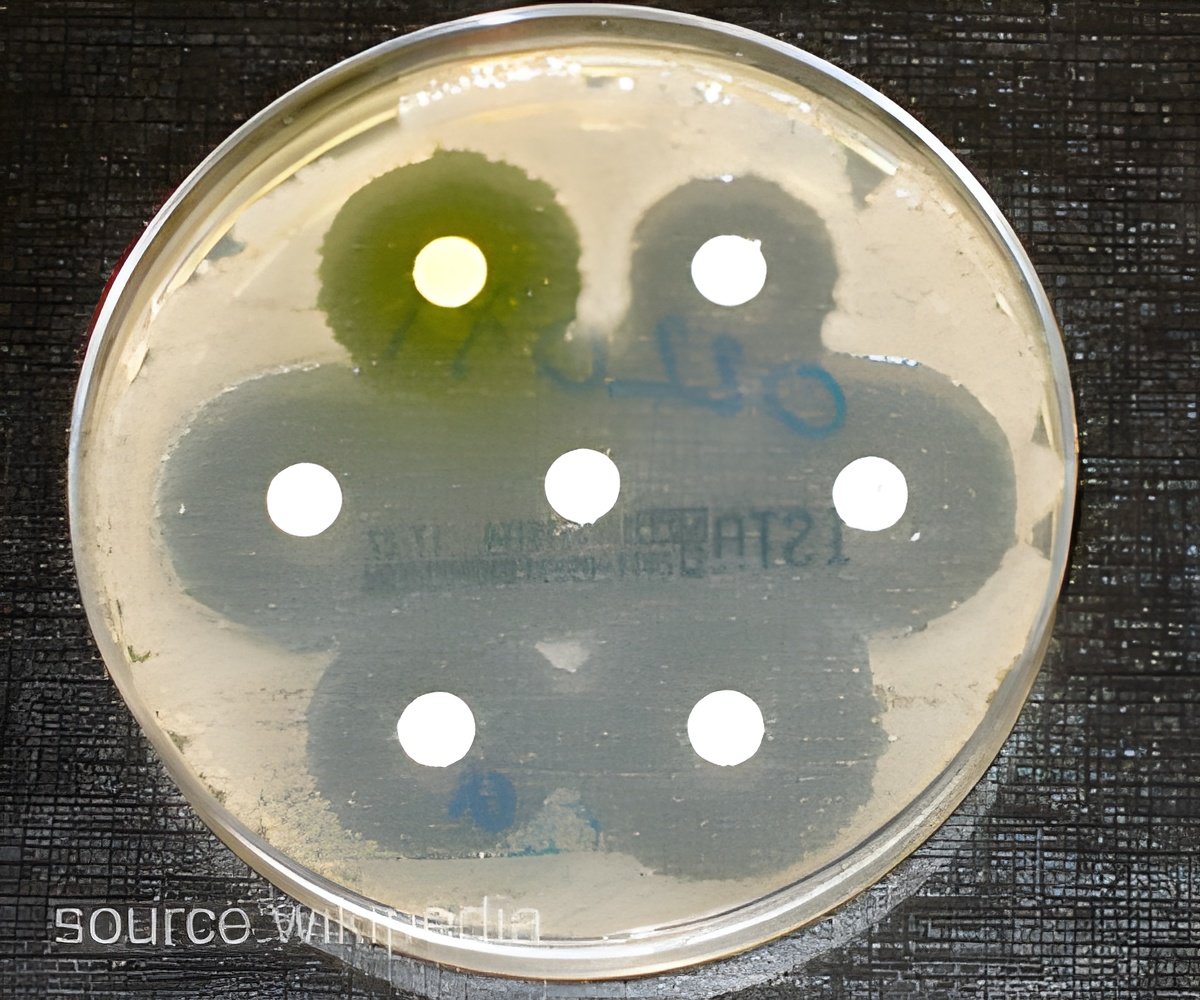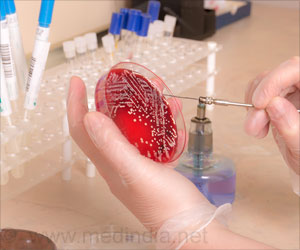
‘The peptides from marsupials milk has antimicrobial properties and the potential to kill superbugs. This could used to develop antibiotics in future.’
Tweet it Now
World Health Organization director-general Margaret Chan warned last month some scientists were describing the impact of superbugs as a "slow-motion tsunami" and the situation was "bad and getting worse". According to British study, superbugs could kill up to 10 million people globally by 2050.The researchers turned to marsupials like the devil, which carry their young in a pouch after birth to complete their development, because of their biology.
The underdeveloped young have an immature immune system when they are born, yet survive growth in their mother's bacteria-filled pouch. A 2015 study found there was a diverse range of bacteria living in the Tasmanian devil's pouch microbiome, an ecosystem of microorganisms including bacteria.
According to research led by Sydney University PhD student Emma Peel, milk produced by the marsupials contains antimicrobial peptides called cathelicidins which had been tested as being effective against a number of pathogens, including methicillin-resistant Staphylococcus aureus, or golden staph and enterococcus which are resistant to powerful antibiotics like vancomycin.
Staph is a potentially fatal bacterium carried by about 30% of people in their nose or on their skin, it is mostly harmless. However if it gets into the bloodstream via a wound, it can be deadly.
Advertisement
Marsupials have more peptides than other mammals. In the devil there are six, whereas humans have only one of this type of peptide.
Advertisement
Peel said the tests were done with artificial peptides made by extracting the cathelicidin sequence from the devil’s genome. The artificial peptides also tested as between three and six times more effective against some fungal infections than anti-fungal medication.
Milking the famously aggressive animals was a process to be undertaken “very, very carefully and with a lots of safety gear,” Peel said.
"One of the most difficult things in today's world is to try and find new antibiotics for drug-resistant strains of bacteria," the research manager of the university's Australasian Wildlife Genomics Group, Carolyn Hogg, said.
"Most of the other previous antibiotics have come from plants, moulds and other work that's been around for close to a 100 years, so it's time to start looking elsewhere."
Source-Medindia















